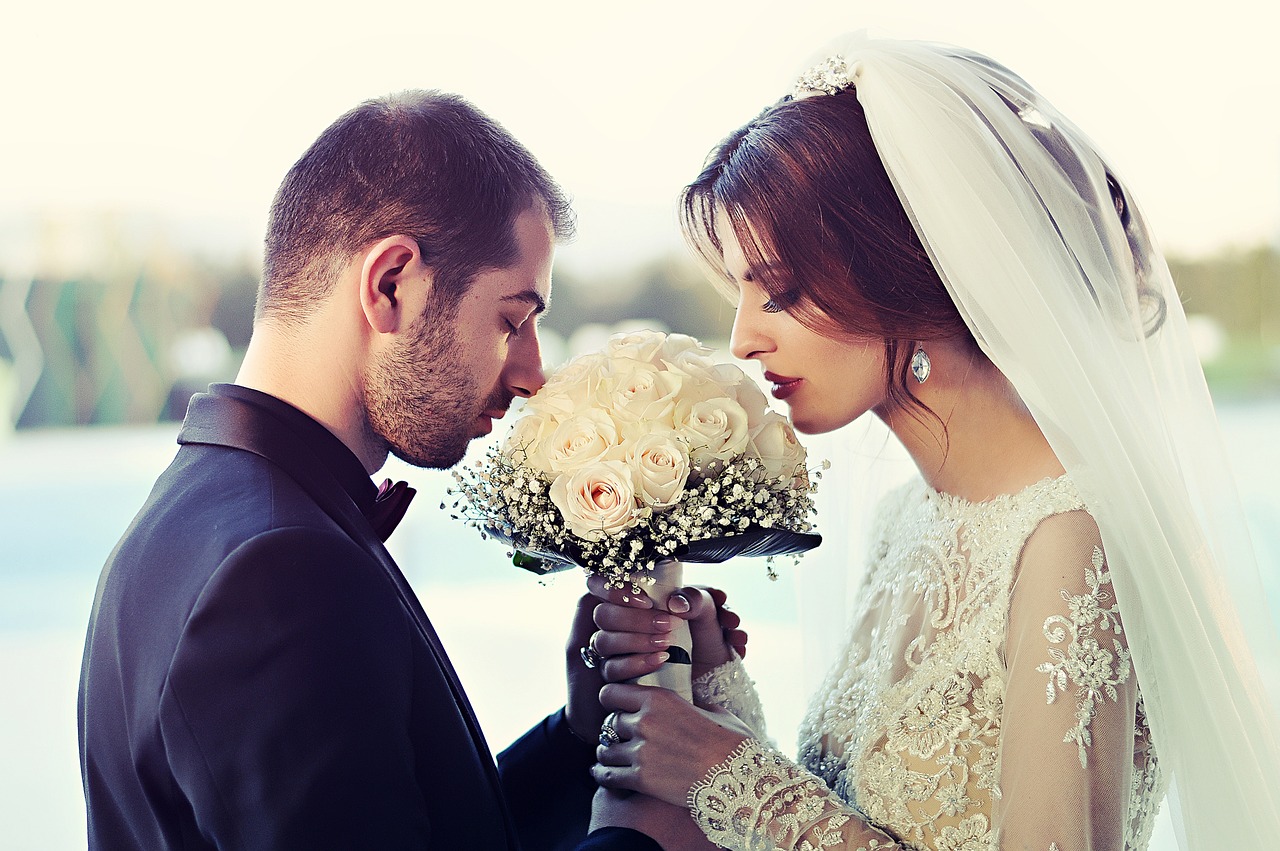If you’re living in Western Australia and have recently been experiencing difficulties in your marriage, then you might have already sought marriage counselling services based in Perth area. Taking that step to seek professional help is not easy, however, as many couples or individuals find themselves with many questions and doubts about the process. Does marriage counselling really work? If it does, why do so many couples still get divorced?

Let’s take a closer look at some of the important things one needs to understand about marriage counselling before they engage these services.
Marriage Counselling Can Take a Lot of Time
One of the biggest factors behind the failure of marriage counselling for some couples is that they don’t give the process long enough to work. No one is claiming that it’s a miracle process that will fix a broken marriage overnight. There is some research that suggests that a typical couple in counselling will need about 12 sessions to see results, with each session being about 50 minutes to an hour. Obviously, this is only an estimated average, and can vary greatly depending on the circumstances of each case.
Every Partnership is Different
Just as there’s no guarantee on the time, there’s also no fixed pathway for the methods used by counsellors as they get to work. Every marriage has its unique problems and even when the problems are somewhat similar, the question of degree and exact circumstances will invariably present many areas of difference.
A marriage counsellor needs to understand the dynamics in your relationship. That includes how you communicate, what kind of “culture” you have created within your marriage, what the specific areas of concern are, and how invested each party is in making things work and engaging with the process. It’s important, therefore, that couples going into counselling recognise that it’s counterproductive to directly compare their own case with others, which unfortunately many do, and often to their frustration and disappointment.
What Kinds of Therapies are Used?
Practitioners use a whole range of approaches, some of which may be self-developed and perhaps named after themselves! Common ideas among counsellors include the use of Gottman couple therapy, which is a well-established, structured and goal-oriented approach to help work on difficulty in adjustment within a marriage, as well as with intimacy.
Other ideas include (but are certainly not limited to) emotionally focused therapy (EFT) which is useful for short-term therapy, the Bader-Pearson model to focus on varying stages of the relationship and each partner and how to move forward constructively, cognitive behavioural therapy (CBT), discernment counselling and more.
You shouldn’t expect any two counsellors or organisations to use all the same approaches. Some tend to stick to the tried and true, whereas others are more experimental. Success or failure depends greatly on how engaged and receptive the couple is with the whole process.
Enter the Process Hoping for Success, but Don’t Demand It
Marriage counselling is in essence the invitation of a hopefully impartial third party into one’s marriage to try and discover the cause of any strife that’s going on and help couples to work through it. Whether or not that works depends greatly on two main factors:
- The open-mindedness, receptiveness and willingness of both parties within the couple
- The “good fit” between counsellor and couple, which fosters good communication and constructive discussion
You can go into any counselling relationship with hopes that these two main factors and the many others you’ll need to succeed will align and generate a successful outcome, but don’t demand the perfect outcome from the outset. You might have to try different approaches in order to find one that works, but above all you also need to be patient and willing enough to let the process work.
Leave a Reply